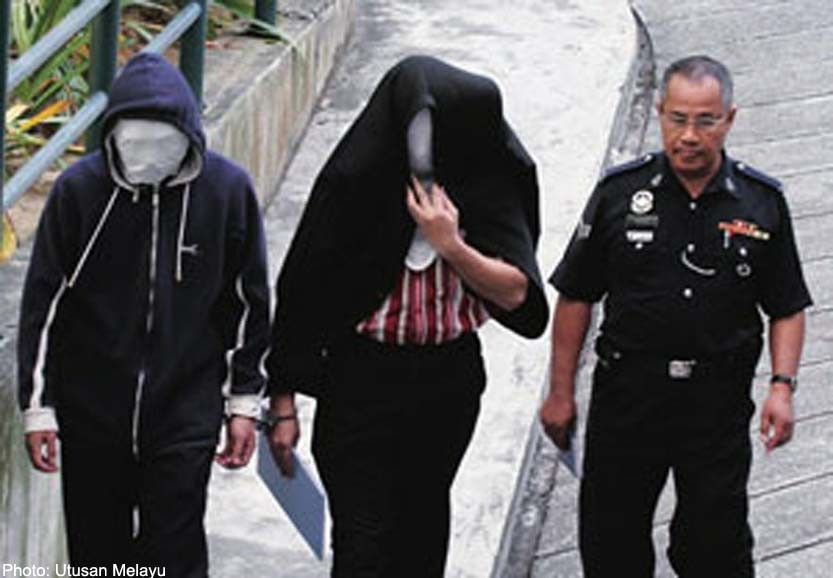Murder of Mongolian translator: Australia 'may not return' fugitive

Australia is set to face a diplomatic stand-off with Malaysia over whether to extradite Sirul Azhar Umar, one of two men convicted of the 2006 murder of Mongolian translator Altantuya Shaariibuu.
Sirul is believed to be hiding in Australia.
As Malaysia was preparing to launch an international manhunt via Interpol for Sirul, Australia last night indicated it would not agree to extradite him unless Malaysia provides assurances it will not apply the death penalty.
A spokesman for the Attorney-General's Department told The Straits Times the government would not specifically comment on the possible extradition of Sirul until he had either been arrested or brought to a court for an extradition request.
However, the spokesman said: "Australia's extradition legislation does not allow a person to be surrendered to another country for an offence punishable by death unless the country has given Australia an undertaking that the death penalty will not be carried out on the person."
Sirul, a 43-year-old former police commando and former bodyguard of Malaysian Prime Minister Najib Razak, was convicted on Tuesday of the murder in October 2006 of Ms Shaariibuu, 28.
She was shot twice in a Kuala Lumpur suburb, wrapped in explosives and blown up. Another former police commando, Azilah Hadri, 38, who is in Malaysia, was also convicted.
Kuala Lumpur police chief Mohmad Salleh said Sirul, a father of two, went to Australia last October. But there are still no details on his whereabouts.
Mr Mohmad said he would consult Interpol in case Sirul had left Australia.
Malaysia and Australia have had an extradition treaty in force since 2006.
An Australian expert on international law, Professor Don Rothwell from the Australian National University, said the government would almost certainly demand assurances that Sirul would not be executed.
"Australian practice is usually to seek diplomatic assurances that the death penalty would not be applied," he said.
"Those assurances would not always be provided, in which case Australia would take the view that it would not extradite. Or, if there are assurances, there may be concerns about the credibility of those assurances."
The two former commandos were convicted by Malaysia's Federal Court, which overturned a decision to acquit them last year. The men had initially been found guilty in 2009.
Though no motive was proved in court, it is believed that Ms Shaariibuu, an interpreter, may have become aware of corruption involving Malaysia's purchase of French and Spanish-built submarines in 2002.
Sirul's lawyers told the court in Malaysia this week that they did not know where he was.
jonathanmpearlman@gmail.com

This article was first published on Jan 16, 2015.
Get a copy of The Straits Times or go to straitstimes.com for more stories.